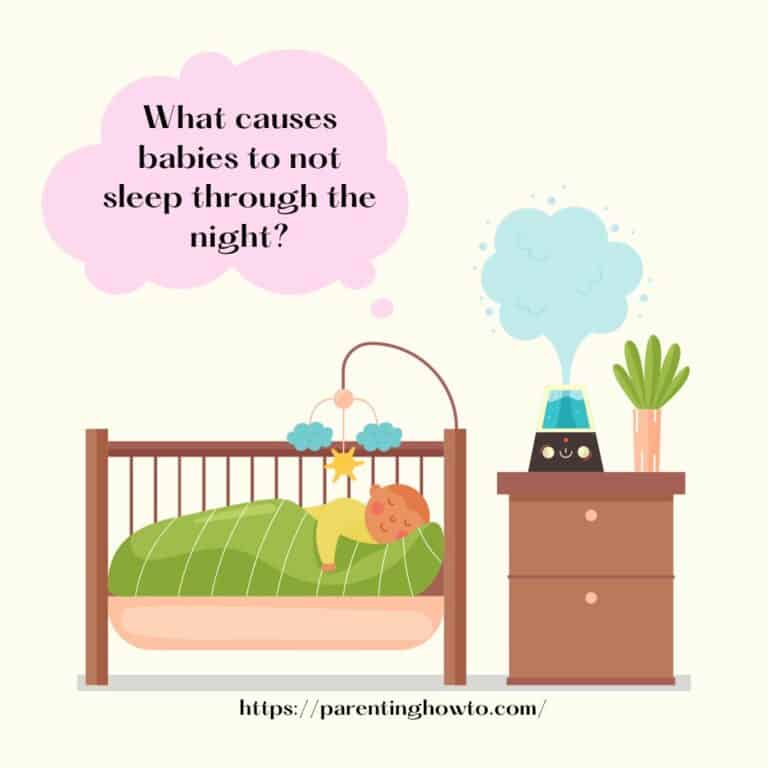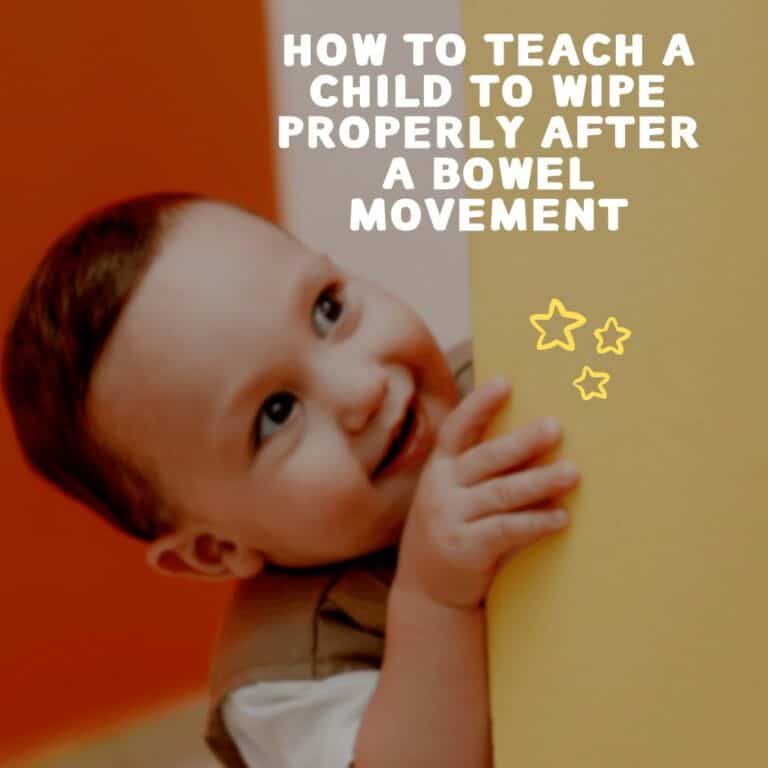Having hiccups can be a very annoying experience. After all, there are no foolproof treatments available.
The only thing that might be more stressful than having hiccups oneself is trying to get a youngster to get rid of their hiccups. The good news is that it is possible.
Babies are capable of making a wide variety of cute little noises, as any parent will attest to.
All of these sounds, from gentle and delicate coos to teeny small yawns and even belches, are perfectly normal and expected aspects of a child’s development.
When it comes to things like hiccups, on the other hand, you frequently find yourself questioning whether or not they are natural and, if they are, how you might get rid of them.
The bright side of this is that most of the time, hiccups do not indicate the presence of a problem.
In point of fact, the very same factor that produces hiccups in children as well as in adults is also responsible for causing them in infants.
A baby’s hiccup is nothing more than a spasm in their diaphragm, which is the muscle that runs across the bottom of their rib cage and rises and falls in response to our breathing.
It is unknown what causes hiccups, and there does not appear to be a single explanation for them; nonetheless, there are a lot of factors that can bring on hiccups.
When you have a hiccup, the sound that you hear is actually just air passing through your vocal chords as a result of the spasm that your diaphragm causes.
Causes of Baby Hiccups:
When newborn infants are overfed or consume too quickly, they frequently develop a condition known as hiccups.
They are also possible to result from the infant having an excessive amount of air in their stomach.
This is the reason why hiccups are so common in babies, particularly during and after feedings.
Infants and newborns may experience hiccups for a variety of reasons, including abrupt fluctuations in the temperature of the stomach.
If you offer your infant some cold milk, then a few minutes later give them some hot cereal, there is a good probability that they will develop hiccups as a result of the change in temperature.
Another cause of hiccups in newborns that is not related to feeding is a condition known as gastroesophageal reflux, or GER. Although the name makes it sound like a serious condition, the majority of the time it is not.
Burning sensations and discomfort are caused by gastroesophageal reflux disease (GER), which occurs when partially digested food and acidic juices flow backward from the stomach into the esophagus.
This may cause one to experience hiccups.
A child does not necessarily have gastroesophageal reflux disease (GER) just because they have hiccups, but it is something to take into consideration.
In any case, it can be treated very simply.
When a newborn starts hiccupping multiple times each day, some parents experience anxiety and worry about their child’s health.
Once more, there is no reason to be concerned about this situation.
The majority of children will only have hiccups for a period of up to ten minutes at most.
No matter what, if a newborn seems cheerful and otherwise unfazed, you shouldn’t worry about them. The tremors will stop on their own in a little while.
How to Help Get Rid of Baby Hiccups:
Hiccups, despite the fact that they are neither problematic nor life-threatening, are occasionally a source of annoyance.
Here are a few things you can do to assist your youngster get rid of their hiccups and give you both some much-needed relief. Burp. You got that right. Just give them some farts.
This is especially the case if they have just finished a substantial feeding and they are hiccupping.
When a person is in this position, their stomach is typically bloated, which might result in hiccups.
When this occurs, the best course of action is to simply work on getting them to burp.
If burping them does not resolve the issue, you should try feeding them in smaller amounts more frequently in addition to burping them more frequently.
It may also be helpful to experiment with different methods while burping your infant. The following are some recommendations for how to burp.
The majority of parents will burp their kids while holding them upright in this position.
- Upright: Keep your infant close to your heart and rest his head on your shoulder so that it is tilted to the side. Keep one arm under his bottom and use the other to support his lower back while you pat him on the back gently. Hold one arm under his bottom.
- On your lap: This approach is extremely helpful if you have a large cushion that you can support your baby on while you support your child while you use it. If you do not have such a pillow, you will need to find another way to carry your baby. Place the pillow so that it is positioned across your lap, with one end resting on one of your thighs and the other end resting on the other of your thighs. Place your child on the pillow so that he is lying down with his back to it and his head turned to the side to allow him to breathe. Because of the pressure that his body weight applies to his stomach in this position, the gas is compelled to be expelled. You can also be of assistance by giving him a light back rub while he is unwinding.
- Seated: If you are seated, you will be able to keep your baby in an upright position (leaning slightly forward). You should use your hand to support his chest along with his head and neck while gently stroking him on the back. Be careful not to put too much strain on his neck by putting too much pressure.
What Not to Do for Baby Hiccups:
- Never use fear to calm a child who is experiencing hiccups.
- It is not appropriate to place a damp washcloth on their head.
- Never make the mistake of trying to teach a young child to hold their breath. This is extremely risky in every way.
The hiccups will stop occurring on their own unless there is an intervening factor such as an exceptional circumstance.
Contact a medical professional if, for whatever reason, your concerns have not been allayed.



